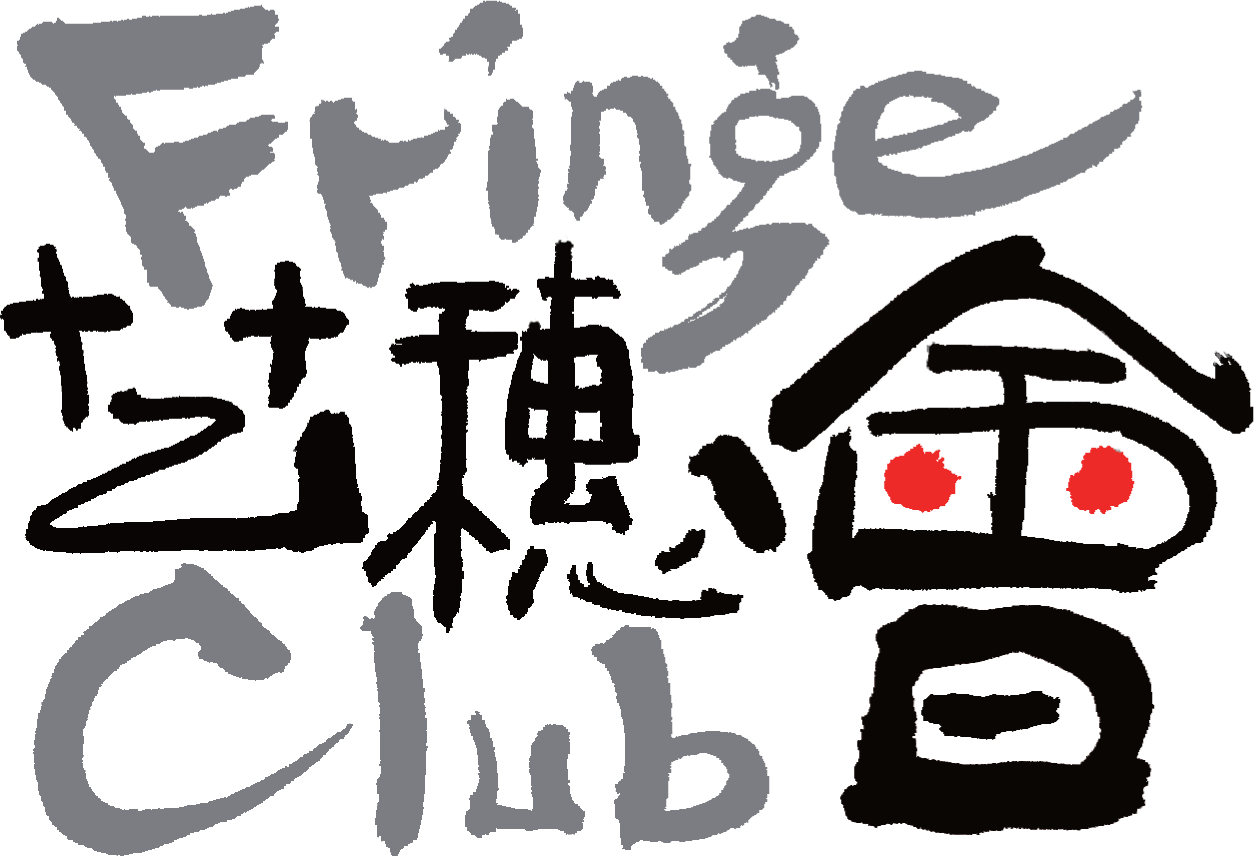Play Reading in English - The Lion and The Jewel by Wole Soyinka
Workshop
HK English Speaking Union

- Mon 17-02-2014 7:15 PM - 2 h
 Colette Artbar
Colette Artbar
 Free admission
Free admission
Synopsis
The Lion and the Jewel, which Soyinka wrote in London in the 1950s but didn’t publish until 1963, was the first of the Nigerian dramatist’s plays to be produced in Africa. It was performed at the Ibadan Arts Theatre in 1959, where it was well received.
The Lion and the Jewel was the first major play to draw on traditional Yoruba poetry, music and dance to tell a Nigerian story in English. It was also the first Nigerian drama to be recognised as an important work in a western-dominated world theatre in the 20th century.
The play is a comedy set in the small remote village of Ilujinle. There are three central characters: Lakunle, an eager but naïve schoolteacher who accepts Western ideas and modernity without really understanding them; Baroka, the village chief, who sees modern ideas as a threat to his power; and Sidi, the jewel of the village (and of the play’s title), a beautiful woman who will choose one of the men for a husband. The characters are exaggerated: Lakunle is arrogant and talks too much, and Baroka is cunning, but they are ultimately likable.
Unlike many of Soyinka’s later plays, there is no evil in this play, and the author pokes only gentle fun at his characters. Ultimately, the men will have to deal with each other. As Baroka says, “the old must flow into the new.” One of the main themes in the play is the theme of progress versus tradition, as represented in the two main male characters, the progressive schoolteacher Lakunle, and the traditional tribal chief Bale "The Lion". Throughout the play they engage in argument over ideals and beliefs, all with the goal of winning Sidi's love. Sidi herself as a character is to an extent emblematic of this struggle, representing many contemporary Nigerians' hesitation between competing attractions of tradition and modernism. Sidi sees value in them both, and it is hard for her to commit to one view over the other; many of the Nigerians of the period were caught between these opposing ideals.
Play reading will be conducted in English.
Photo credit: http://www.newtimes.co.rw/news/index.php?i=15469&a=16529&week=35










